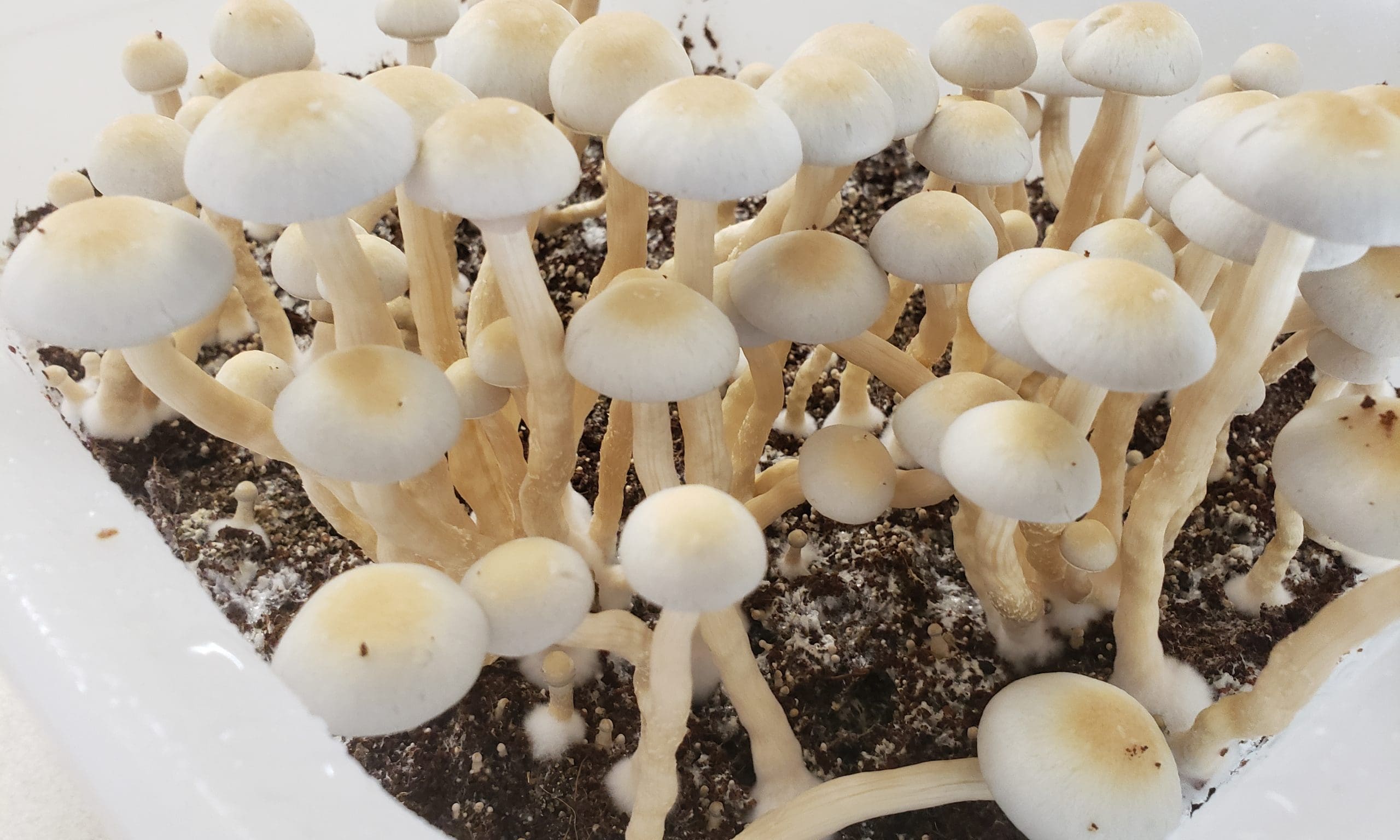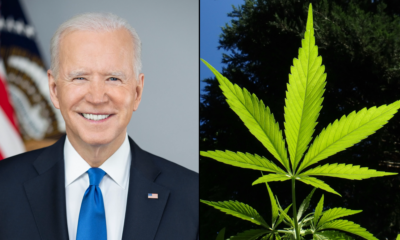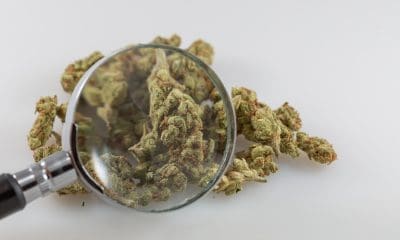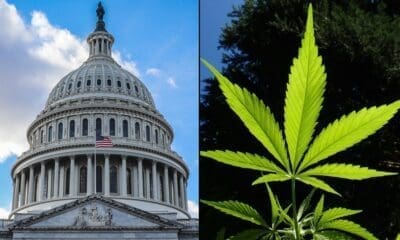Politics
Bipartisan Arizona Lawmakers File Bill To Promote Psilocybin Research With $30 Million In Grants

Bipartisan Arizona lawmakers have filed a bill to promote research into the medical potential of psilocybin mushrooms for a variety of conditions that could inform future reforms on authorizing psychedelic-assisted therapy.
The legislation from Reps. Kevin Payne (R), Jennifer Longdon (D), Stacey Travers (D) and Sen. T. J. Shope (R) is one of the latest examples of how lawmakers across the aisle are approaching psychedelics policy in the 2023 session, which has already seen the issue addressed in more than a dozen bills in state legislatures across the country.
This proposal is focused on psilocybin research, providing $30 million in grants over the course of three years for scientists to study the impact of the psychedelic on 13 different conditions such as post-traumatic stress disorder (PTSD), depression, anxiety, long COVID symptoms and substance misuse disorder.
It wouldn’t legalize psilocybin like lawmakers in several other states are aiming to accomplish, but the research that the bill would support is meant to steer the conversation about broader reforms down the line.
The research grants would be appropriated for phase I, II and III clinical trials that are “capable of being approved by the United States Food and Drug Administration (FDA) to evaluate the effects of whole mushroom psilocybin” for the designated conditions.
The state Department of Health Services (DHS) would be responsible for overseeing the program, and would need to allocate the grants no later than July 1 annually for three years.
Under the legislation, research would need to prioritize “using whole mushroom psilocybin cultivated under a Schedule I license issued by the United States Drug Enforcement Administration (DEA)” and “using veterans, first responders, frontline health care workers and persons from underserved communities as the research subjects.”
—
Marijuana Moment is tracking hundreds of cannabis, psychedelics and drug policy bills in state legislatures and Congress this year. Patreon supporters pledging at least $25/month get access to our interactive maps, charts and hearing calendar so they don’t miss any developments.
![]()
Learn more about our marijuana bill tracker and become a supporter on Patreon to get access.
—
Sue Sisley, a researcher at the Arizona-based Scottsdale Research Institute (SRI) who has been carrying out psychedelics and cannabis studies, told Marijuana Moment that the “best, most sensible approach for Arizona is sponsoring randomized controlled trials that (for the very first time ever) will utilize whole, natural mushrooms and not just synthetic psilocybin.”
“This bill is truly groundbreaking because all of the studies showing promise with psilocybin are single molecule studies,” she said. “Now finally, Arizona will lead the way to doing real world clinical trials, looking at what patients are actually ingesting in their daily lives versus an unattainable synthetic molecule. And you can see from the list of medical conditions that will be approved for study, psilocybin offers immense hope for treating a wide variety of chronic conditions including putting opioid addiction into remission (and other often intractable ailments, not responsive to conventional pharmaceuticals).”
People who receive the grant money and work on the clinical trials would be explicitly protected from prosecution under the bill.
A “Psilocybin Research Advisory Council” would be established under DHS, tasked with establishing eligibility criteria for grant recipients, overseeing applications and making “recommendations to the governor, the speaker of the House of Representatives, the president of the Senate and the department on psychedelic-assisted therapy based on current federal and state research policy.”
The bill says that the council would need to include the DHS director, a physician with a federal license to study psychedelics, a military veteran, a law enforcement official and a professor or researcher from an Arizona-based university.
This is one of numerous pieces of psychedelics reform legislation to be filed at the state-level so far this session.
The proposals vary in scope and purpose, but overall, they speak to the rapidly growing interest in moving away from criminalization and tapping into the therapeutic potential of entheogenic plants and fungi.
For example, a Republican New Hampshire lawmaker has filed a bill to legalize the possession and use of psychedelics like psilocybin and LSD by adults 21 and older.
In New York, Assemblymember Linda Rosenthal (D) pre-filed legislation late last month to legalize certain psychedelics like psilocybin and ibogaine for adults 21 and older. Gov. Kathy Hochul (D) also recently signed a bill mandating that the state immediately reschedule or deschedule Schedule I drugs like MDMA and psilocybin if they’re reclassified under federal law.
Bipartisan Washington State senators also recently unveiled a revised bill to legalize psilocybin services for adults.
There are also psychedelics reform efforts underway in California, Colorado, Connecticut, Illinois, Missouri, Minnesota, Montana, New Jersey, Oregon and Virginia.
Oregon voters approved a historic ballot initiative to legalize supervised psilocybin services in 2020, and Colorado voters passed a broad psychedelics legalization and psilocybin services measure during the November election.
An analysis published in an American Medical Association journal last month concluded that a majority of states will legalize psychedelics by 2037, based on statistical modeling of policy trends.
First Marijuana Bill Of The New Congress Is A GOP-Led Gun Rights Measure
















